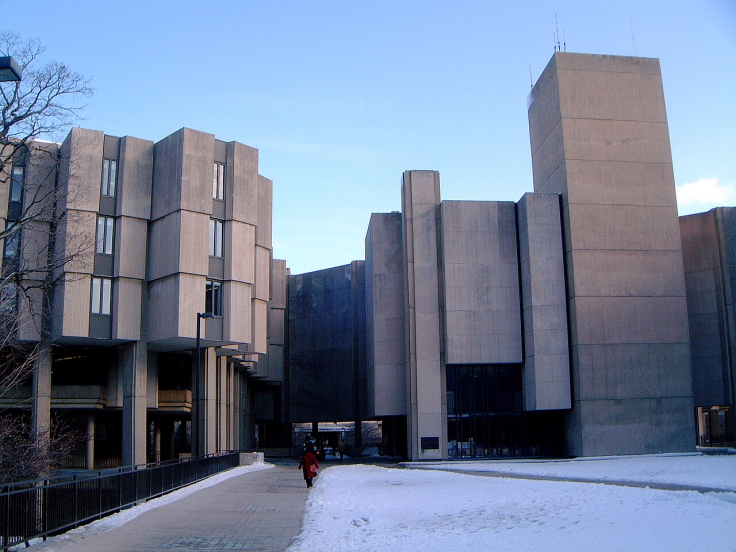Northwestern University's Pritzker School of Law is facing a lawsuit on charges of having discriminatory faculty hiring practice that targets white men.
A conservative group has alleged that the university illegally discriminated through its recent faculty appointments against white men in favor of women and minorities, using recent Supreme Court rulings concerning affirmative action.

Discriminatory Practices
The suit was organized by a group called Faculty, Alumni, and Students Opposed to Racial Preferences and was filed by well-known conservative lawyer Jonathan Mitchell. It is one of at least several dozen making the same type of complaint against universities across the country. In their complaint against Northwestern, they say that of the last 21 faculty jobs filled at Pritzker, only three went to white men. The plaintiffs cite this data to show systemic bias against white males in the hiring process, mentioning federal anti-discrimination laws and newly created legal precedents, such as Students for Fair Admissions v. Harvard and UNC-Chapel Hill.
Legal Precedent and Context
The lawsuit is based on what affirmative action laws mean and how these translate to policies being practiced in academic hiring. Recent Supreme Court decisions exposed the real challenge of balancing diversity efforts against principles of ensuring fair practices. There are cases that have involved the Supreme Court deliberating on the legality of race-conscious admissions policies in higher education such as Students for Fair Admissions v. Harvard and Fisher v. University of Texas. These cases assess whether such policies constitute permissible affirmative action or unlawful discrimination.
University Response and Defense
Northwestern University has taken a strong stance in its defense, stating that the hiring is meant for a diverse and inclusive academic learning environment. In a statement issued by Northwestern spokesman Jon Yates, in reaction to the lawsuit, it became evident that the institution firmly maintains its stand on just hiring practices concerning diversity, arguing that this tends to enrich scholarly debate. "We stand behind our practices and are proud of our outstanding faculty, whose diverse backgrounds and perspectives enhance our educational mission."
Most probably, the university will base its defense on the principles of consistency with legal standards, showing that the hiring decisions it made were based on legitimate educational goals. Universities frequently argue in favor of diversifying faculty to enrich students' educational experience with a variety of contexts and perspectives.
Legal and Societal Implications
The lawsuit filed against Northwestern University exemplifies much larger societal conflicts over affirmative action, diversity, and equity in learning institutions. Critics, for their part, maintain that diversity initiatives rarely work out as desired and nearly always result in reverse discrimination. An underlying principle of this argument is that merit should be the primary criterion in hiring regarding other criteria, such as demography.
Proponents of affirmative action, on the other hand, argue that diversity is essential in the quest for academic excellence and societal progress. To them, a diversified faculty would bring multiple views and further enhance academic debates; students would be prepared to travel through the corridors of a multicultural world and promote an inclusive society.
The case concerning Northwestern University's challenge over faculty hiring admittedly epitomizes the line between encouraging diversity in the faculty and avoiding base discrimination. As the case unfolds, it is likely to influence future policies and practices not only at Northwestern but at universities struggling with the same flock of issues as well.
This suit is one that many educators, legal academics, policymakers, and advocates on either side of the affirmative action debate are waiting to hear about. Such a ruling could shed additional light on what goes across the line in faculty hiring diversity initiatives, and it could perhaps confirm or reconsider some of those previous readings in case law in academia.
It has become necessary, in the course of negotiating such complex issues, for the universities to walk the tightrope, trying to promote diversity as they practically handle anti-discrimination laws in the maintenance of high ideals of meritocracy. The resolution of the legal argument, therefore, is likely going to have profound impacts on the future debate over a diversity policy in higher education. It will likely shape the way institutions do faculty hiring and the bigger pursuit of educational equity and excellence.








